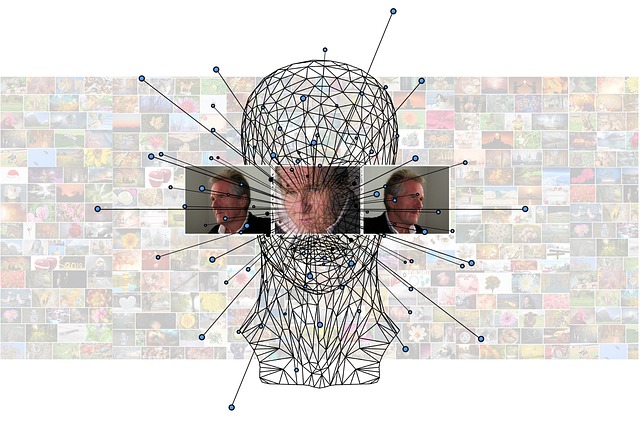As we stand on the brink of a technological revolution, the realms of robotics and artificial intelligence (AI) are intertwining with the fundamental aspects of computer studies. This intersection is not merely a passage in academic curricula; it embodies the essence of innovation that shapes our daily lives and the future of industries. By understanding the synergy between these fields, we can grasp how they are poised to transform the landscape of business and beyond.
Robotics has a profound impact on numerous sectors, enhancing efficiency and precision. In manufacturing, for instance, robots can automate repetitive tasks, allowing human workers to focus on more complex problems. This shift not only increases productivity but also fosters a safer work environment by reducing the risk of injury associated with manual labor. Computer studies students exploring robotics delve into the mechanics of creating intelligent machines that can adapt and learn, setting the stage for significant advancements in automation.
Artificial intelligence, on the other hand, serves as the brain behind many of today’s innovations. From chatbots handling customer service inquiries to sophisticated algorithms predicting consumer behavior, AI is revolutionizing the way businesses operate. Within computer studies, students engage with various AI technologies, learning to develop systems that can process information and make decisions at lightning speed. This capability opens doors to personalized experiences, which are now a staple for modern consumers.
Moreover, the automation of business processes through AI and robotics liberates human resources from mundane tasks. Imagine a world where employees are freed from exhaustive data entry and analytical reporting, allowing them to engage in creative problem-solving and strategic thinking. This kind of environment not only enhances job satisfaction but also stimulates innovation—an essential factor for growth in any business setting.
As we delve deeper into these subjects within computer studies, the implications of our learning stretch far beyond classroom walls. Educators are now challenged to equip students with the skills necessary to navigate this rapidly evolving landscape. Concepts like machine learning, data analysis, and ethical implications of AI must be integrated into the curriculum, preparing future leaders to harness technology responsibly and effectively.
It’s evident that the landscape of business automation is undergoing a remarkable transformation, driven by advancements in AI and robotics. Companies embracing these technologies are not just surviving; they are thriving. By fostering a culture of innovation, they can adapt to changes in market demands, streamline operations, and enhance customer satisfaction.
The journey into the realms of robotics and artificial intelligence is an exciting one, filled with endless possibilities. For students and professionals alike, becoming adept in these areas means stepping into a future where they will not only be participants but also innovators in a world increasingly defined by technology. It is a future that beckons to scholars of computer studies everywhere, inviting them to unleash their creativity and drive incredible changes in both their careers and society as a whole.




